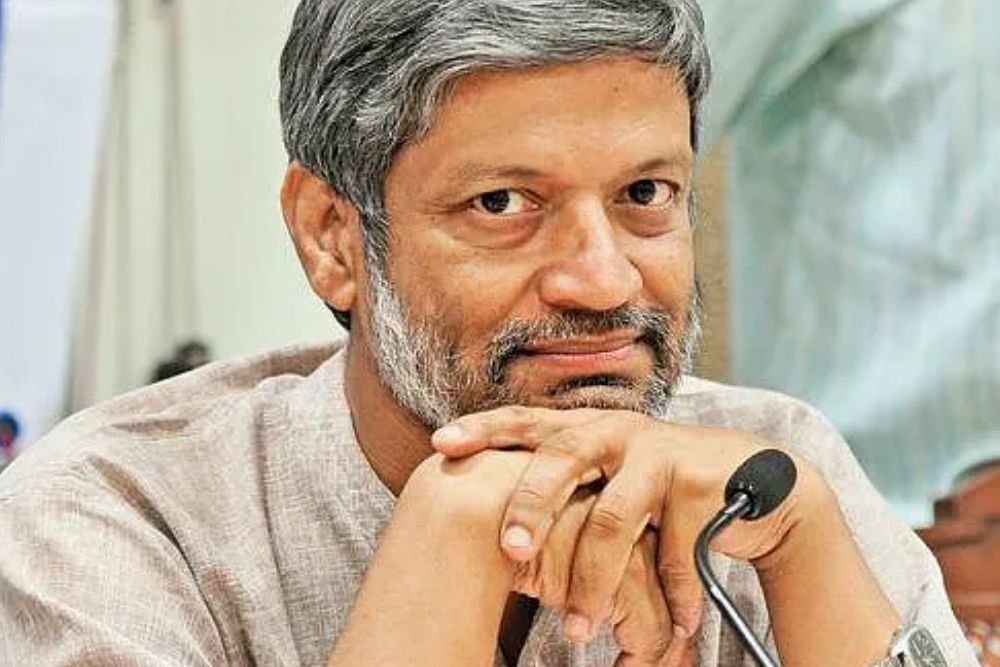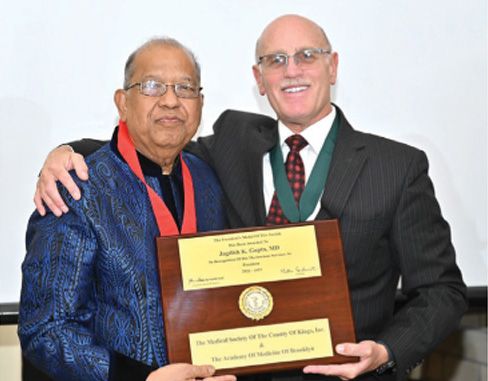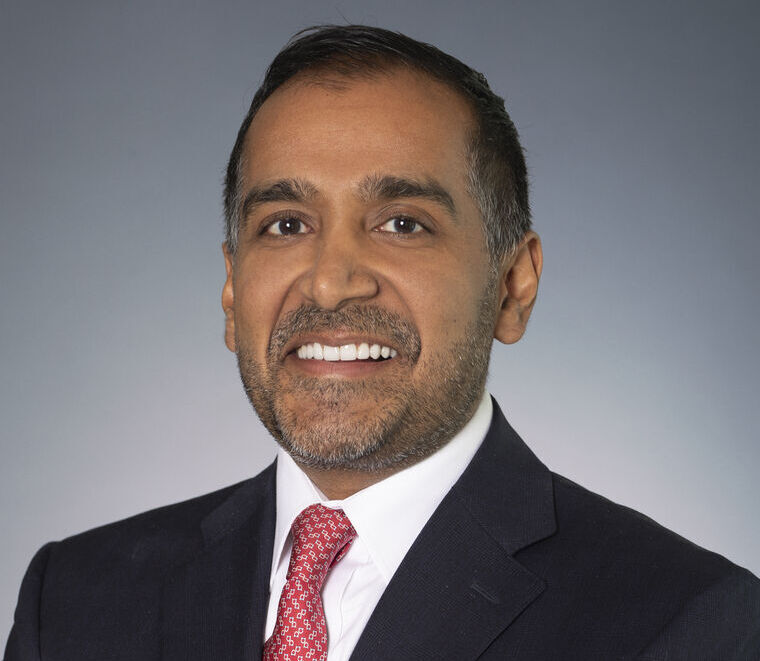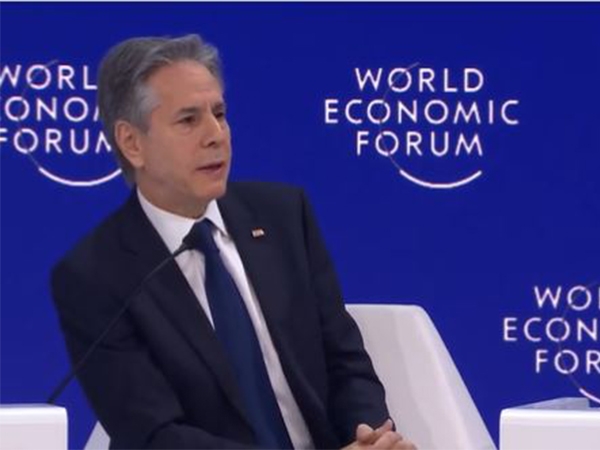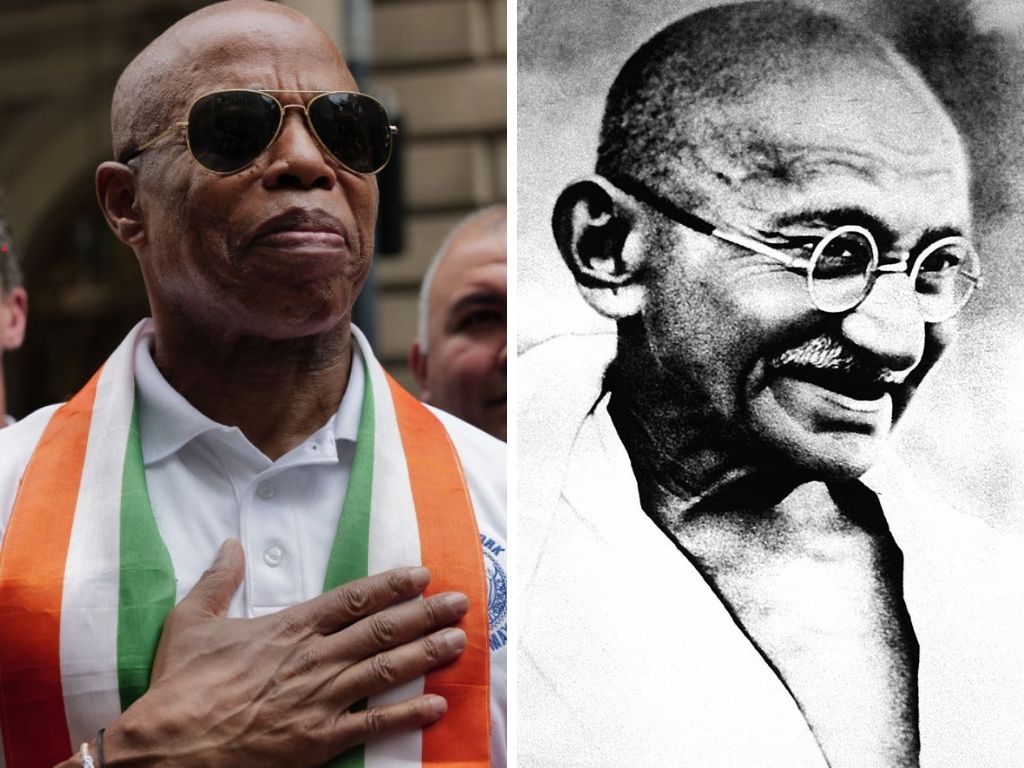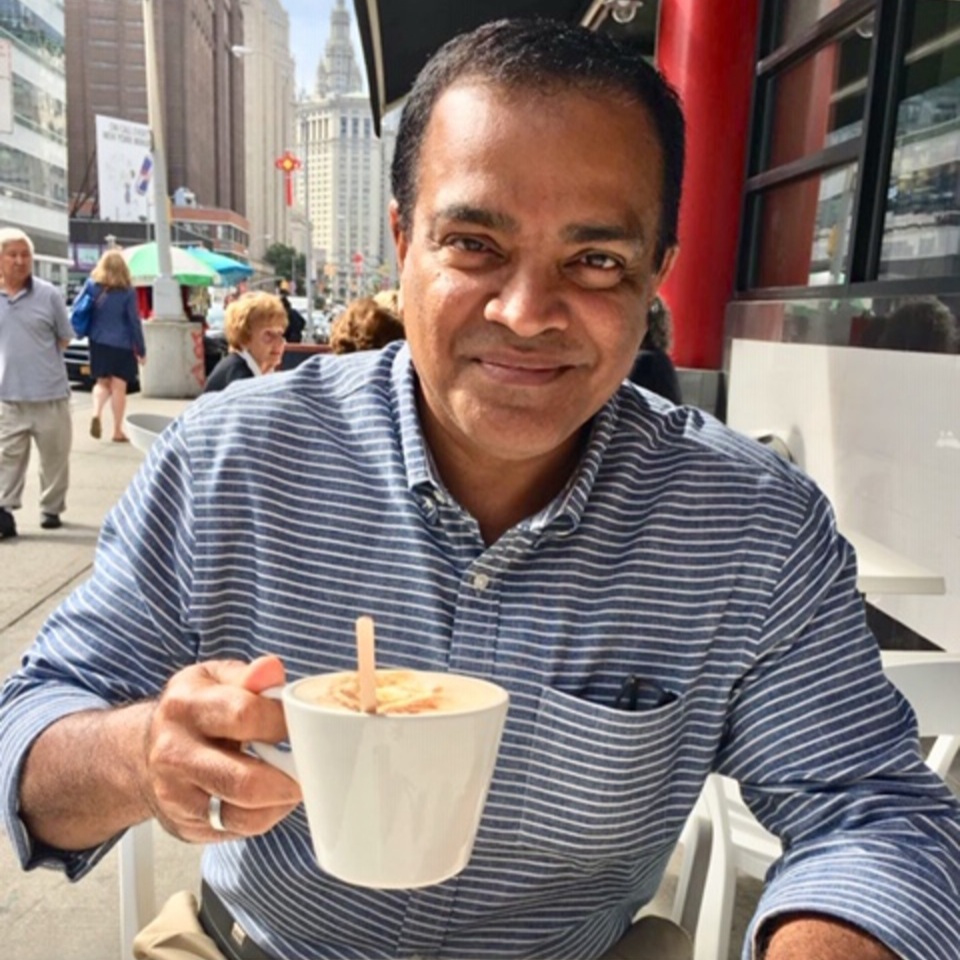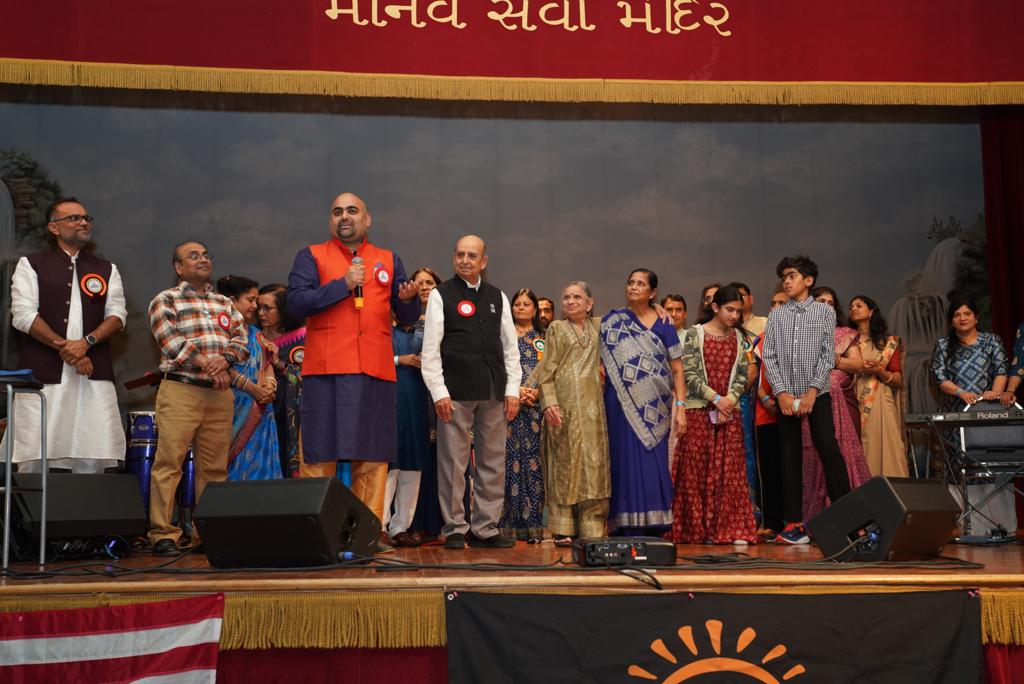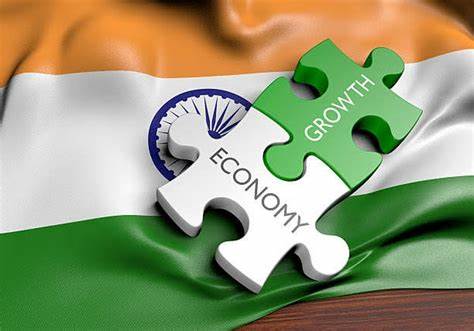Dey, the first Indian to receive the award, is the co-founder of Mazdoor Kisan Shakti Sangathan (MKSS), an organization that works with workers and peasants in the villages of Central Rajasthan
Our Bureau
Washington
Indian social activist Nikhil Dey has been named an International Anti-Corruption Champion by the US State Department. The US Bureau of International Narcotics and Law Enforcement Affairs said it recognizes Dey as an Anti-Corruption Champion for his important role in social movements aimed at transparency and accountability, public audits, and participatory democracy to counter corruption in government welfare programs in India.
The award, set up in 2021, recognizes the US government’s “support for anticorruption leaders who put their lives on the line to spur lasting change”. Dey is the first Indian to receive the award.
The co-founder of Mazdoor Kisan Shakti Sangathan (MKSS), Dey’s work led to transparency and anti-corruption reforms in India, helping Rajasthan pioneer public policies to increase transparency and accountability.
The Mazdoor Kisan Shakti Sangathan is a people’s Organisation that works with workers and peasants in the villages of Central Rajasthan. It was set up by the people of the area in 1990 to strengthen participatory democratic processes so that ordinary citizens could live their lives with dignity and justice. The organization was born out of a struggle for community land held illegally by a landlord.
US secretary of state Antony Blinken praised Dey for “working with and for those harmed by corruption, and those particularly who are harmed most by it: underserved, marginalized populations”. Blinken said Dey has helped communities in Rajasthan demand access to essential services and rights such as education, healthcare, fair wages and better working conditions. “His organization pioneered the practice of public audits, in which local officials have to report to communities how and where they spend the resources, and citizens have a chance themselves to ask probing questions of these officials,” he continued. These public audits spread across India and more citizens started taking the lead in holding officials to account, which “at its heart, is how democracy needs to work”.
















